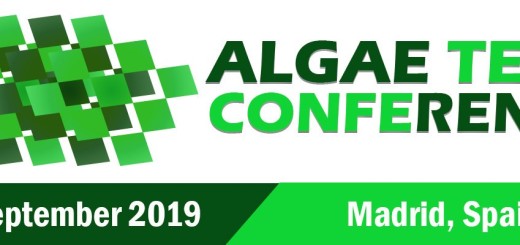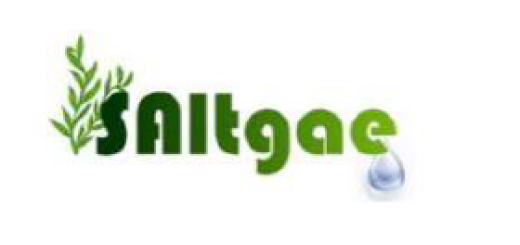Despite the large interest demonstrated by both public bodies and private organizations in many EU countries, there is a lack of a supporting organization able to promote the algae market framework at a national level.
For this reason the AIN is building a committee of national experts, able to support stakeholders interested in this sector. AIN central coordination will be in direct contact with national experts in an effort to ensure the effectiveness of the so called Algae Support Centres(ASC).
ASCs willbe equipped with national information desks where designated experts will operate as contact pointsable to help stakeholders tap into the algae market in each of the North West Europe Regions. The role of the ASCs will be to create national “Sub-Algae Networks”, able to operate effectively and assist with organizing events and promoting markets at national level.
Click on you region to discover you Algae Market Perspectives
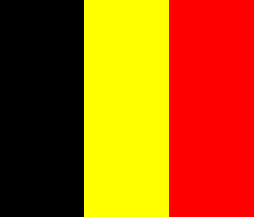 Landscape analysis of national and regional policies of Belgium, that could have an impact in algae cultivation, revealed a number of strategies, mandates, and economic incentives on climate change, bioenergy, and water. Production of Energetic Algae (or algae for production of fuels and energy) is a new concept in Belgium, and existing bioenergy and environmental strategies were not found to be actively supportive to energetic algae. Consequently, to identify policies that could affect energetic algae, research was focussed on generic biomass, bioenergy and environmental strategies.
Landscape analysis of national and regional policies of Belgium, that could have an impact in algae cultivation, revealed a number of strategies, mandates, and economic incentives on climate change, bioenergy, and water. Production of Energetic Algae (or algae for production of fuels and energy) is a new concept in Belgium, and existing bioenergy and environmental strategies were not found to be actively supportive to energetic algae. Consequently, to identify policies that could affect energetic algae, research was focussed on generic biomass, bioenergy and environmental strategies.
Algae Expert(s) in your country
 Landscaping of national policies of the Netherlands that can have an impact in algae cultivation revealed a number of strategies, mandates, and economic incentives for climate change, sustainability, biomass energy, and biobusiness. Many of the identified policies are in fact response mechanisms to EU-level overarching strategies and targets, but the Netherlands has set its own priorities and strategies in order to reach its national and EU targets. For example, consumers in the Netherlands can receive a tax benefit if they invest in a green fund. In return, banks offer green loans at lower interest rates to ‘green projects’ using the extra liquidity generated by the consumers’ investments. Such projects need to have a positive environmental impact in the categories of agriculture, sustainable resources, renewable energy etc.
Landscaping of national policies of the Netherlands that can have an impact in algae cultivation revealed a number of strategies, mandates, and economic incentives for climate change, sustainability, biomass energy, and biobusiness. Many of the identified policies are in fact response mechanisms to EU-level overarching strategies and targets, but the Netherlands has set its own priorities and strategies in order to reach its national and EU targets. For example, consumers in the Netherlands can receive a tax benefit if they invest in a green fund. In return, banks offer green loans at lower interest rates to ‘green projects’ using the extra liquidity generated by the consumers’ investments. Such projects need to have a positive environmental impact in the categories of agriculture, sustainable resources, renewable energy etc.
Algae Expert(s) in your country
 Landscape analysis of national and regional policies of France that could have an impact in algae cultivation revealed a number of strategies, mandates, and economic incentives on climate change, bioenergy, and water. Although French aquaculture industry is an old and established sector among the EU countries, production of Energetic Algae (or algae for production of fuels and energy) is a new concept in France, and existing bioenergy and environmental strategies were not found to be actively supportive to energetic algae. The only exception to this is a regional policy for Bretagne that aimed at mitigation of environmental nuisance arising from excess wild green algae production in Bretagne coastline. The policy assists regional development and construction of AD projects for green algae.To identify policies that could affect energetic algae, research was focussed on generic biomass, bioenergy and environmental strategies.
Landscape analysis of national and regional policies of France that could have an impact in algae cultivation revealed a number of strategies, mandates, and economic incentives on climate change, bioenergy, and water. Although French aquaculture industry is an old and established sector among the EU countries, production of Energetic Algae (or algae for production of fuels and energy) is a new concept in France, and existing bioenergy and environmental strategies were not found to be actively supportive to energetic algae. The only exception to this is a regional policy for Bretagne that aimed at mitigation of environmental nuisance arising from excess wild green algae production in Bretagne coastline. The policy assists regional development and construction of AD projects for green algae.To identify policies that could affect energetic algae, research was focussed on generic biomass, bioenergy and environmental strategies.
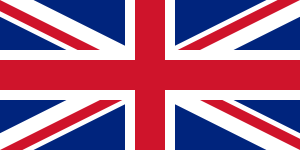 Landscape analysis of national and regional policies of the UK that can have an impact in algae cultivationrevealed a number of strategies, mandates, and economic incentives for climate change, bioenergy, and water. Many of the identified policies are in fact response mechanisms to EU-level overarching strategies and targets. Nevertheless, each country can set its own priorities and strategies in order to reach EU targets. For this, we have looked upon UK policiesat country and regional level that could stimulate investment for algae cultivation.
Landscape analysis of national and regional policies of the UK that can have an impact in algae cultivationrevealed a number of strategies, mandates, and economic incentives for climate change, bioenergy, and water. Many of the identified policies are in fact response mechanisms to EU-level overarching strategies and targets. Nevertheless, each country can set its own priorities and strategies in order to reach EU targets. For this, we have looked upon UK policiesat country and regional level that could stimulate investment for algae cultivation.
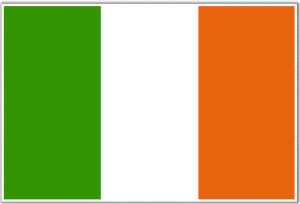 Landscaping of national policies of Ireland that can have an impact in algae cultivation revealed a number of strategies, mandates, and economic incentives for biomass energy and green economy. Many of the identified policies are in fact response mechanisms to EU-level overarching strategies and targets. Nevertheless, each country can set its own priorities and strategies in order to reach EU targets.
Landscaping of national policies of Ireland that can have an impact in algae cultivation revealed a number of strategies, mandates, and economic incentives for biomass energy and green economy. Many of the identified policies are in fact response mechanisms to EU-level overarching strategies and targets. Nevertheless, each country can set its own priorities and strategies in order to reach EU targets.
The Irish market has a long history is harvesting wild seaweed and using it for production of food, feed, and products for many decades. Production of Energetic Algae (or algae for production of fuels and energy) is a concept under development in Ireland. Yet seaweed is considered a strategic marine biomass resource.
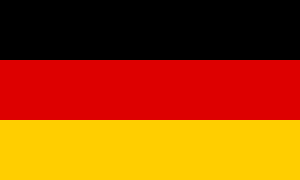 Landscaping of national policies of Germany that can have an impact in algae cultivation revealed a number of strategies, mandates, and economic incentives for biomass energy and bioeconomy. Many of the identified policies are in fact response mechanisms to EU-level overarching strategies and targets. Nevertheless, each country can set its own priorities and strategies in order to reach EU targets. For this, we have looked upon Germany’s federal policies that could stimulate investment for algae cultivation.
Landscaping of national policies of Germany that can have an impact in algae cultivation revealed a number of strategies, mandates, and economic incentives for biomass energy and bioeconomy. Many of the identified policies are in fact response mechanisms to EU-level overarching strategies and targets. Nevertheless, each country can set its own priorities and strategies in order to reach EU targets. For this, we have looked upon Germany’s federal policies that could stimulate investment for algae cultivation.
Production of Energetic Algae (or algae for production of fuels and energy) is a concept currently under development in Germany, and themajority of existing bioenergy and environmental strategies were not found to be actively supportive to energetic algae

